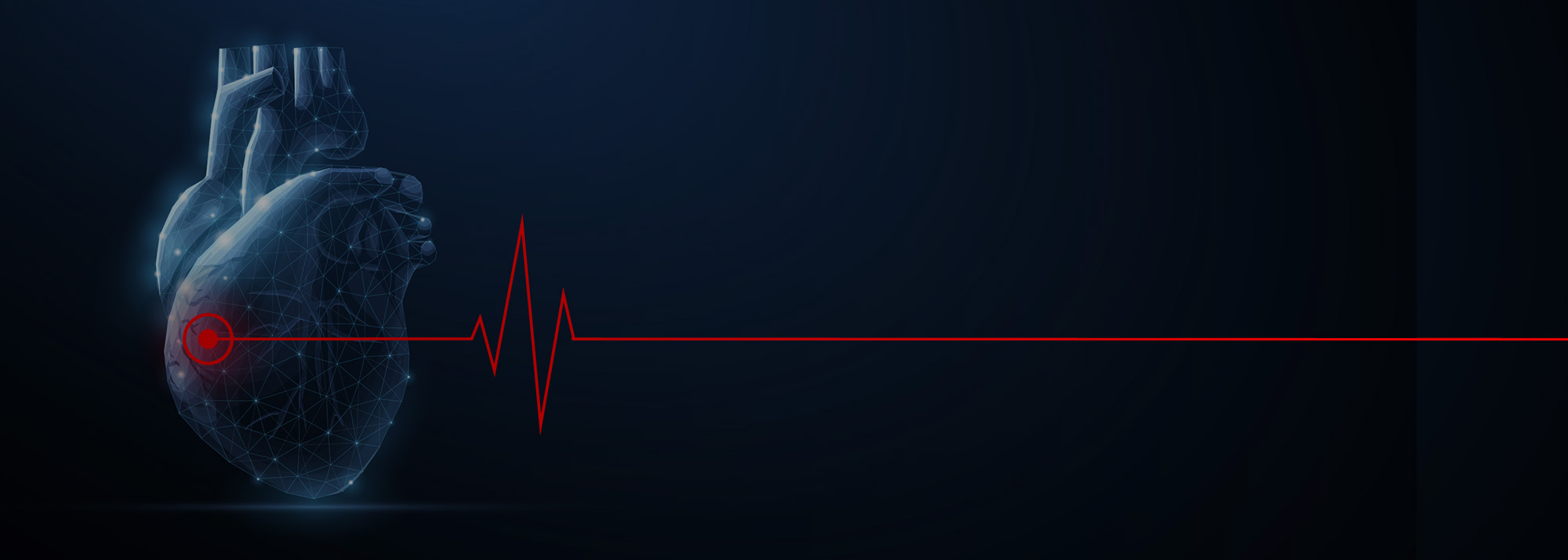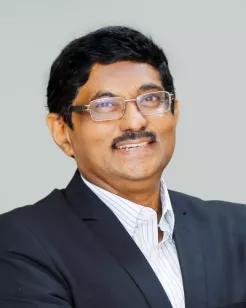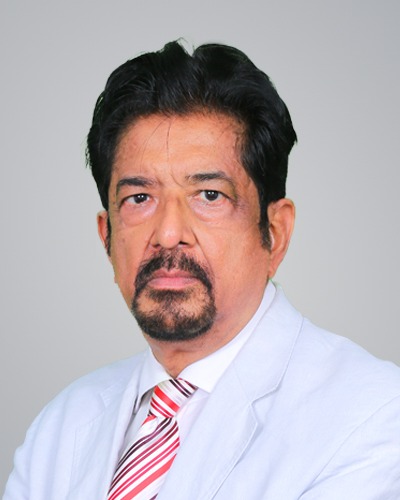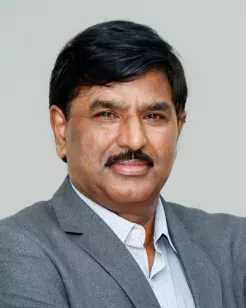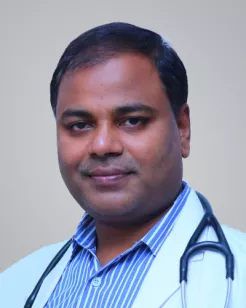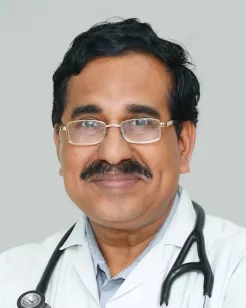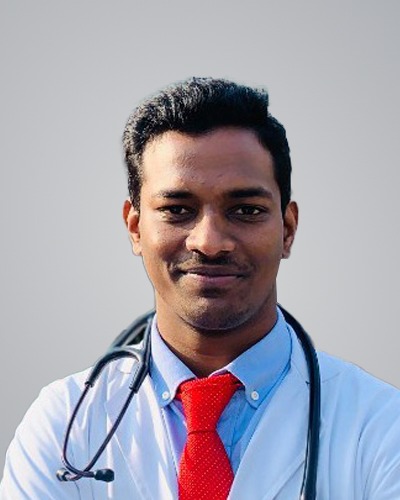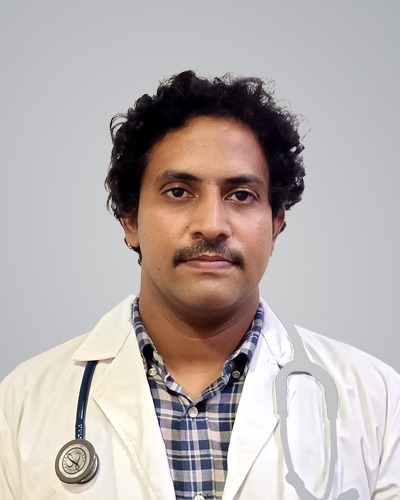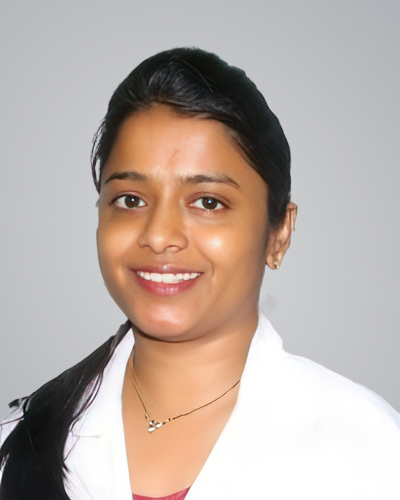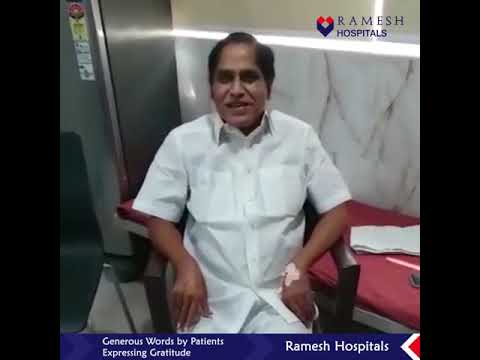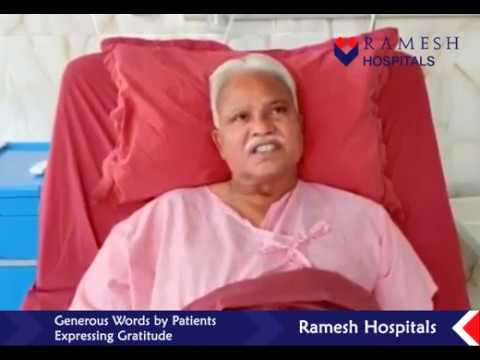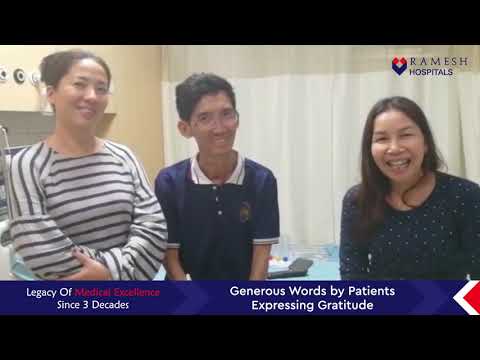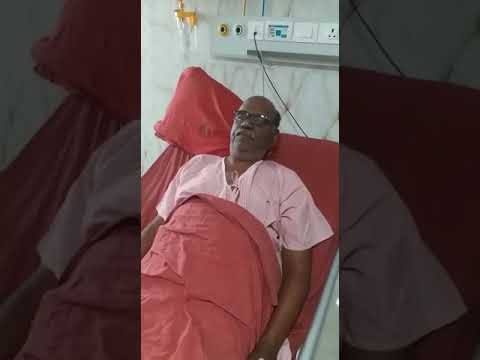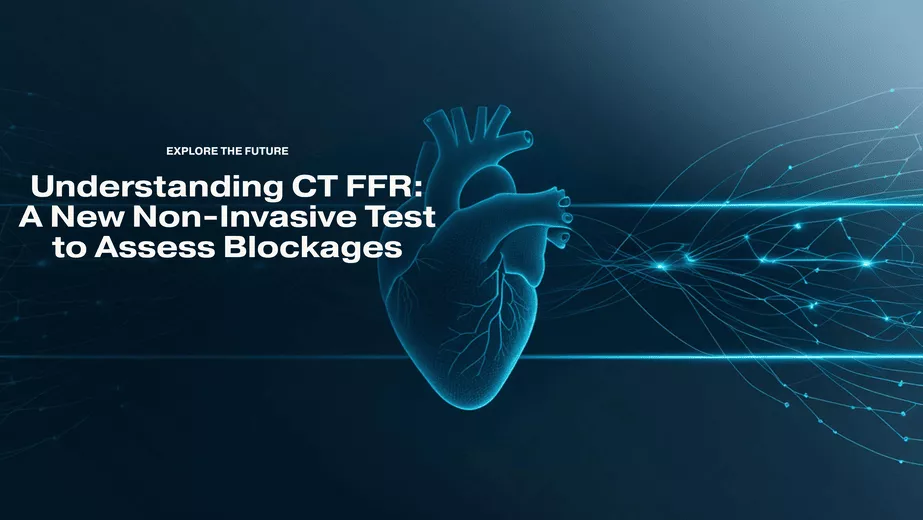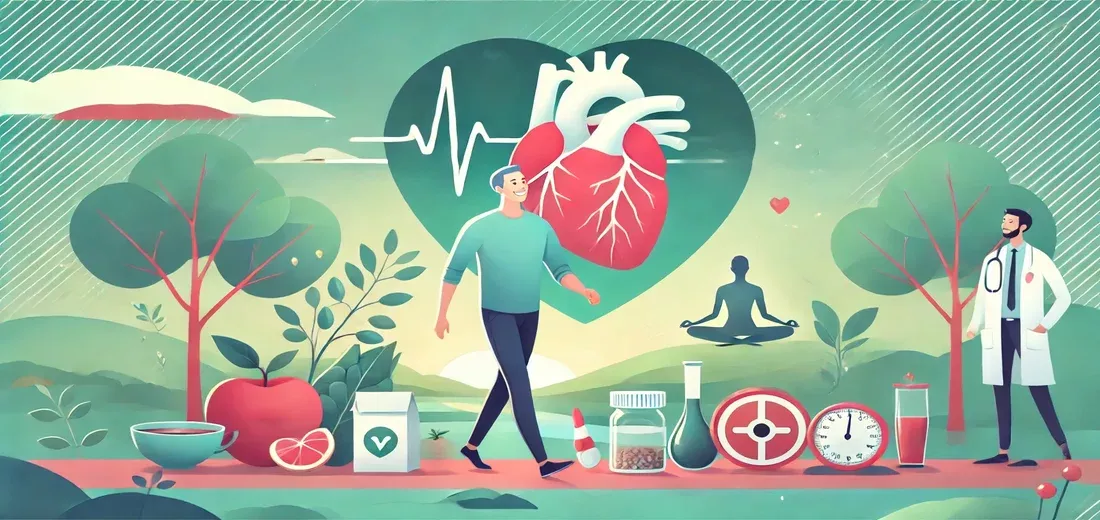Cardiology at Aster Ramesh Hospitals offers comprehensive cardiac care for the treatment & management of various heart ailments, with a preventive approach. With state-of-the-art clinical support, facilities and services Cardiology Department has both outpatient and inpatient divisions, a fully equipped and functional Cardiac ICU to handle all cardiac-related emergencies. It also has an advanced cardiology imaging section, cardiology surgical suites and an invasive diagnostic and interventional unit.
With an exceptional team, who are experts in their field of specialization with several years of experience to their credit in handling the most complicated and challenging cases. This team is complemented by a team of Cardiac Anaesthesiologists, Interventional Radiologists, Intensivists and Rehabilitation Therapists.
Our team of experts adhere to “Healing the Heart Approach” wherein all cases are discussed in detail and the course of treatment for every single patient is decided collectively, after considering all aspects of the problem. All the doctors and nurses in the ICUs are ACLS and Paramedics – BLS certified.
Aster Ramesh Hospitals, Division of Paediatric Cardiology offers comprehensive services in diagnostics and therapeutic interventions with commitment to provide quality comprehensive cardiac care with compassion for a wide range of conditions and diseases that affect foetus, new-borns, infants & adolescents.
All children with congenital heart disease are given tender, loving care under the guidance of our specialists armed with world class technology. Consultation is available 24X7 to provide integrated, comprehensive and individualized care for very patient who comes to Ramesh Hospitals.
We also provide care for infants in our state-of-the-art Paediatric Cardiology Intensive Care Unit (PCICU) and Antenatal diagnosis for CHD & counselling to make informed decisions.
Invasive Diagnostics and Interventions
- Primary Angioplasty — 24 x 7 with a door to balloon time of less than 60 minutes
- Elective Coronary Angiography and Angioplasty
- Diagnostic Cardiac Catheterisation
- Percutaneous Valvuloplasty
- Implantation of Pacemakers
- Implantation of Automatic Cardiac Defibrillators and CRTs
- Implantation of IVC Filter
- ASD/VSD/PDA/Collateral device closures
- Coil closure of PDA/MAPCAs
- LPA/PDA/Coarctation of aorta stenting
- Balloon dilatation of coarctation of aorta and branch PAs
- Permanent pacemaker implantation in children
Peripheral Vascular Procedures
- Aortic Aneurysm Stenting
- Emergency Bleeder Embolisation
- Carotid Artery Stenting
- Peripheral Artery Stenting
- Emergency Fogathy Embolectomy
- Mechanical Venous Thrombectomy for DVT
- Pulmonary Artery Thrombectomy
- Thrombolysis for DVT and Pulmonary Embolisation
- Thromboembolectomy and Thrombolysis in Acute stroke
Advanced Technology & Facilities
Well equipped with the latest medical equipment, modern technology & infrastructure, Aster Hospital is one of the best hospitals in India.
FAQs
Want to find out more about the treatment? The answer to your questions can be found below.
What does a Cardiologist do?
A cardiologist examines and evaluates the patient’s cardiovascular system and provides necessary treatment plans according to the patient’s current medical health. They help patients prevent cardiovascular problems, like heart attacks, heart failure, or any kind of heart problem since birth.
What question should you ask a Cardiologist?
Before opting for the cardiologist treatment and surgery, patients must know the side effects of the treatment, precautions required, expected duration of disease curation, specialisation of cardiologists, and their experience. Consult thoroughly to have a better understanding of the best medical treatments.
What are the most common types of conditions that Cardiologists treat?
Expert cardiologists in Whitefield at Aster treat coronary artery disease, heart failure, hypertension, valvular heart disease, congenital heart defects, peripheral artery disease, heart attack, cardiomyopathy, and endocarditis. Consult with cardiologists and experts to know your treatment plan.
When should I consider seeing a Cardiologist?
When you experience symptoms like severe chest pain, dizziness, fainting, palpitations, shortness of breath, swelling in legs, high blood pressure, and diabetic symptoms, they damage blood vessels and heart nerves. Provide complete information to medical staff for effective treatment.
How should I prepare for my first visit to Cardiologist?
Patients must carry their medical history documents, results of recently conducted diagnostic reports, and family heart disease reports and provide complete details if they have high blood pressure, diabetes, or chronic kidney disease. This information helps cardiologists examine patients' health and provide the best treatment plan for them.
How does a Cardiologist decide on a treatment plan?
Cardiologists and medical staff consult with patients regarding available treatment plans and monitor the patient’s and their family's medical history to take a look at any existing genetic conditions that might be affecting their present condition. The cardiologists also assess the possibility of any side effects that may occur as a result of treatment. With the patient’s approval, a treatment plan is put into action.
Will a Cardiologist help manage side effects during treatment?
Yes, trained and specialised cardiologists at Aster thoroughly examine patients’ health progress and diagnostic tests during regular check-ups. This enables them to determine if any side effects have developed as a result of the treatment. They also prevent patients from side effects with the best treatments and care.
What documents should I carry on my first visit to a medical oncologist?
Cardiologists require the patient’s healthcare reports, heart disease reports, diagnostic test results, family heart disease history, and relevant information that influences the treatment plan decisions of expert cardiologists and staff. Detailed patient medical history assists cardiologists in accurately assessing patients' cardiovascular conditions.
How do cardiologists decide if surgery is necessary?
At Aster, expert cardiologists in Bangalore, cardiologists, and medical staff thoroughly study and examine the patient’s medical history and conduct diagnostic tests, stress tests, and cardiac catheterisations. Further, based on the patient’s preferences and medical staff considerations, a treatment decision is formed.
Patient Stories
Our patients are our best advocates, hear the inspiring stories of their treatment journey
Blogs
The source of trustworthy health and medical information. Through this section, we provide research-based health information, and all that is happening in Aster Hospital.
